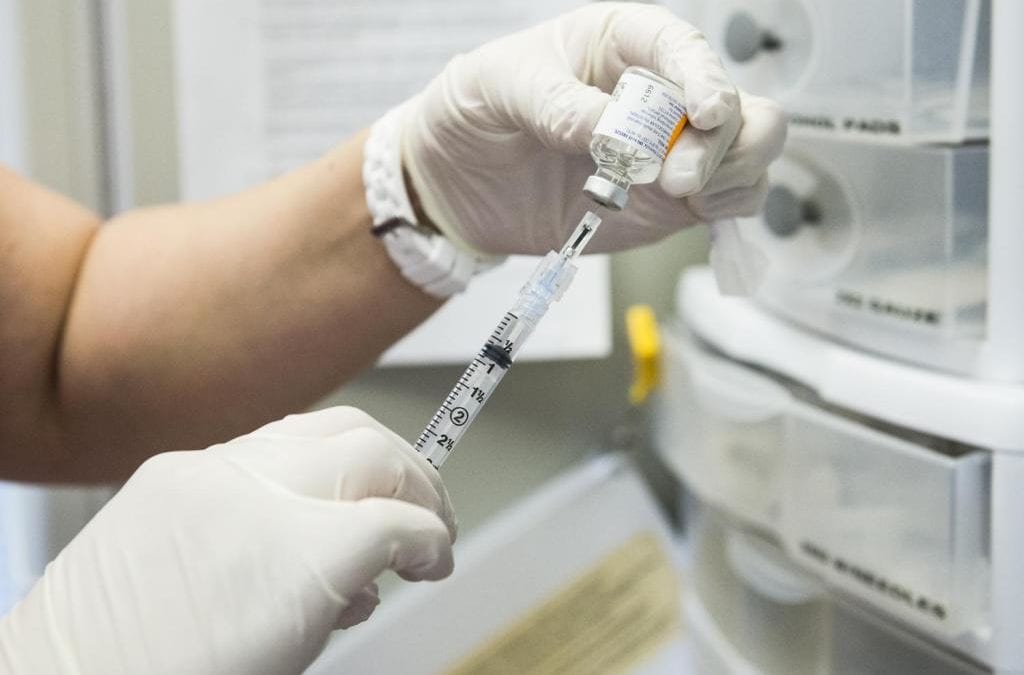A bill to make it harder for Colorado parents to exempt their kids from vaccines is one step closer to passage — but only after six hours of debate and a Democratic compromise.
The Colorado House passed the bill on second reading after Democrats agreed to introduce an amendment to add what’s called a “petition clause.” This gives Colorado voters 90 days after Gov. Jared Polis signs the bill to collect enough valid signatures to put a repeal measure on the fall 2022 ballot.
The vaccine bill will get a final vote in the House on Wednesday and then must return to the Senate for a vote on the amendment.
Polis has said previously that he would support the bill, which he opposed last year, and the Senate passed the bill earlier in the session, before the pandemic threatened its chances of getting through the General Assembly this year.
Senate Bill 163 would require parents seeking nonmedical exemptions for their kids to submit a certificate of completion of an online educational module on vaccines or a form signed by a medical professional. The bill also creates a “vaccine-protected children” goal for every school to have 95% of its student population to be vaccinated. Each school will be required to publish its immunization and exemption rates annually and distribute them to parents and students.
“I think this bill brings Colorado in line with most other states,” said Rep. Dylan Roberts, D-Avon.
Roberts said the bill aims to increase the state’s low vaccination rates while preserving parents’ rights to exempt their children from vaccines.
Although the majority of Coloradans support increasing vaccination rates and restricting exemptions, hundreds of opponents have filled the Capitol to object to the bill, citing concerns with privacy and parental rights.
They have found allies in Republican lawmakers such as Rep. Dave Williams of Colorado Springs, who said there’s a “coercive aspect to this bill.” He acknowledged it doesn’t force vaccinations or eliminate exemptions but said it does “nudge.”
“It does this sort of mission creep, if you will,” Williams said.
Emergency room nurse and Democratic Rep. Kyle Mullica, a sponsor, said the bill doesn’t go as far as some states that have eliminated nonmedical exemptions.
“The idea that we’re going to send somebody to your house and tie your child down and put a needle in their arm is just ludicrous,” Mullica said. “That’s not what this bill is about. This bill is about formalizing the process in how the exemptions take place.”
This content was originally published here.

